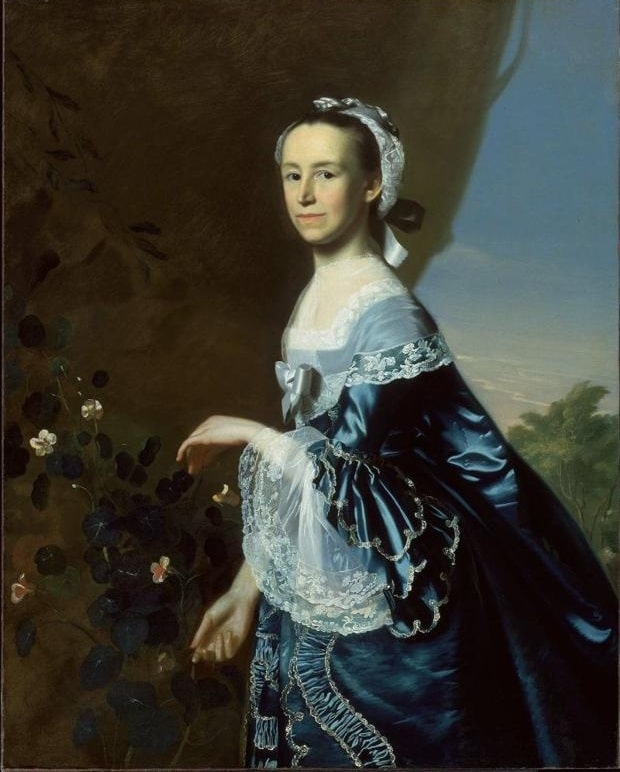Contents

Contents
Quick facts
- Born: 14 September 1728 in Barnstable, Massachusetts.
- Mercy Otis Warren was a political writer and propagandist of the American Revolution, known for her influential works advocating for independence and democratic principles.
- She was a close associate of leading Patriots like John Adams, Samuel Adams, and Thomas Jefferson, and used her writings to support the Revolutionary cause.
- Warren wrote several plays that satirized British officials and Loyalists, using humor and wit to criticize British policies and galvanize public opinion against British rule.
- Her publication, “Observations on the new Constitution,” was a critical analysis of the proposed U.S. Constitution, emphasizing the need for a Bill of Rights to protect individual liberties.
- She was one of the first women to write about the history of the American Revolution, with her book “History of the Rise, Progress, and Termination of the American Revolution” being published in 1805.
- Warren’s advocacy for women’s education was ahead of her time, and she believed in the intellectual potential of women to contribute to society and politics.
- Died: 19 October 1814 in Plymouth, Massachusetts.
- Buried at Old Burial Hill in Plymouth with her husband, James.
Biography
Mercy Otis Warren, American writer, sister of James Otis, was born in Barnstable, Massachussets in 1728. She married James Warren (1726—1808) of Plymouth, a college friend of her brother, in 1754. Her literary inclinations were fostered by both these men and she began writing poems, dramas, and essays.
Because her husband took a leading part in events leading up to, during, and after the American Revolution — as a member of the Massachusetts House of Representatives (1766—74) and its speaker (1776—77; 1787—88), as well as a member (1774—1775) and president (1775) of the Provincial Congress — Warren was keenly interested in following its progress.
Her gift of satire was used in her political dramas, The Adulator (1773) and The Group (1775). Abigail Adams, a close friend of Warren’s, approved and encouraged her efforts — as did her husband, John Adams.
Warren’s tragedies The Sack of Rome and The Ladies of Castile, were included in her Poems, Dramatic and Miscellaneous (1790), dedicated to General Washington. Apart from their historical interest, her poems and dramas are not generally read today. In 1805 she published The Rise, Progress and Termination of the American Revolution, a history of the revolution that included personal criticism of John Adams — which he took issue with and bitterly resented.
Surviving her husband by nearly six years, Mercy Otis Warren died on 19 October 1814 at the age of 86.

